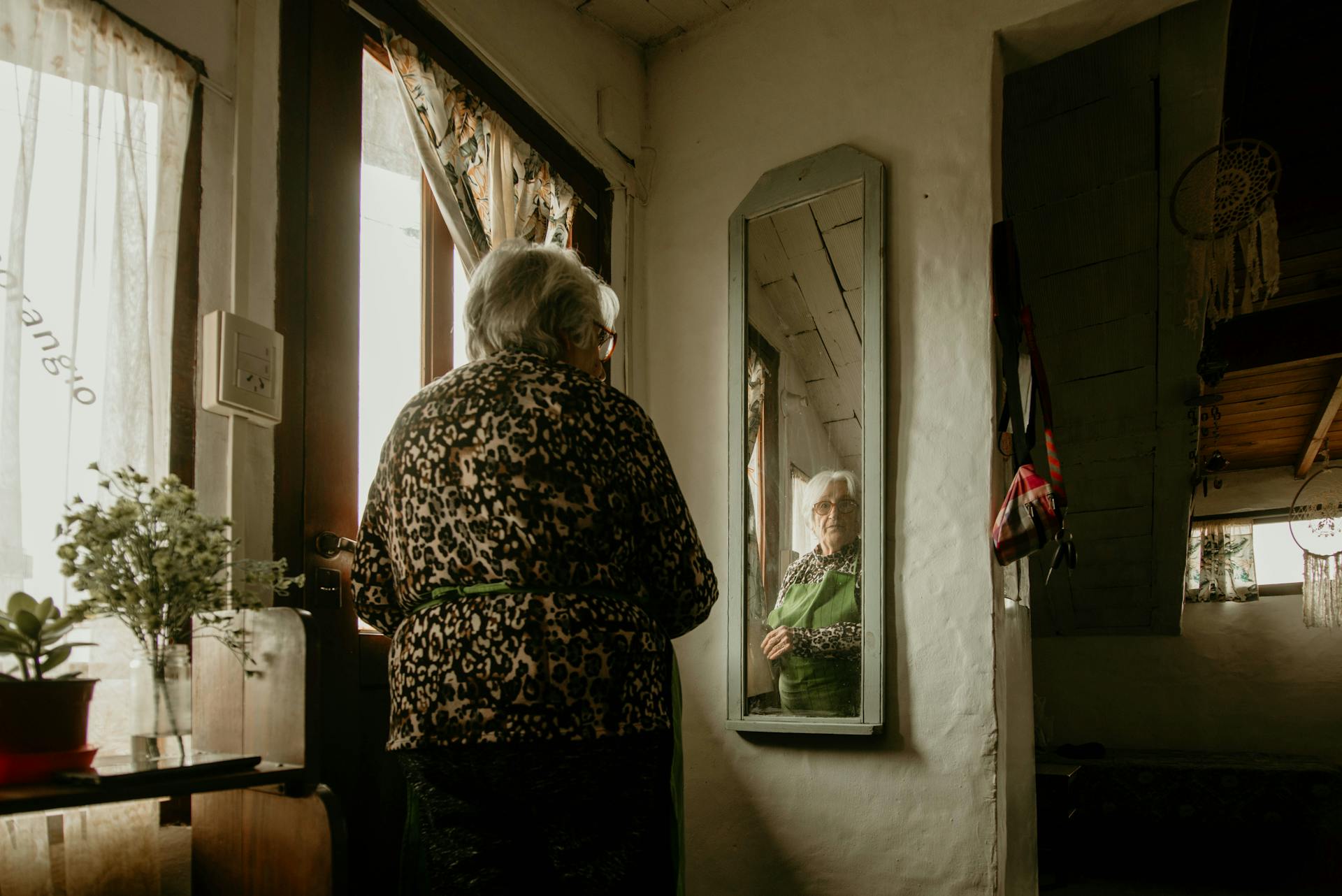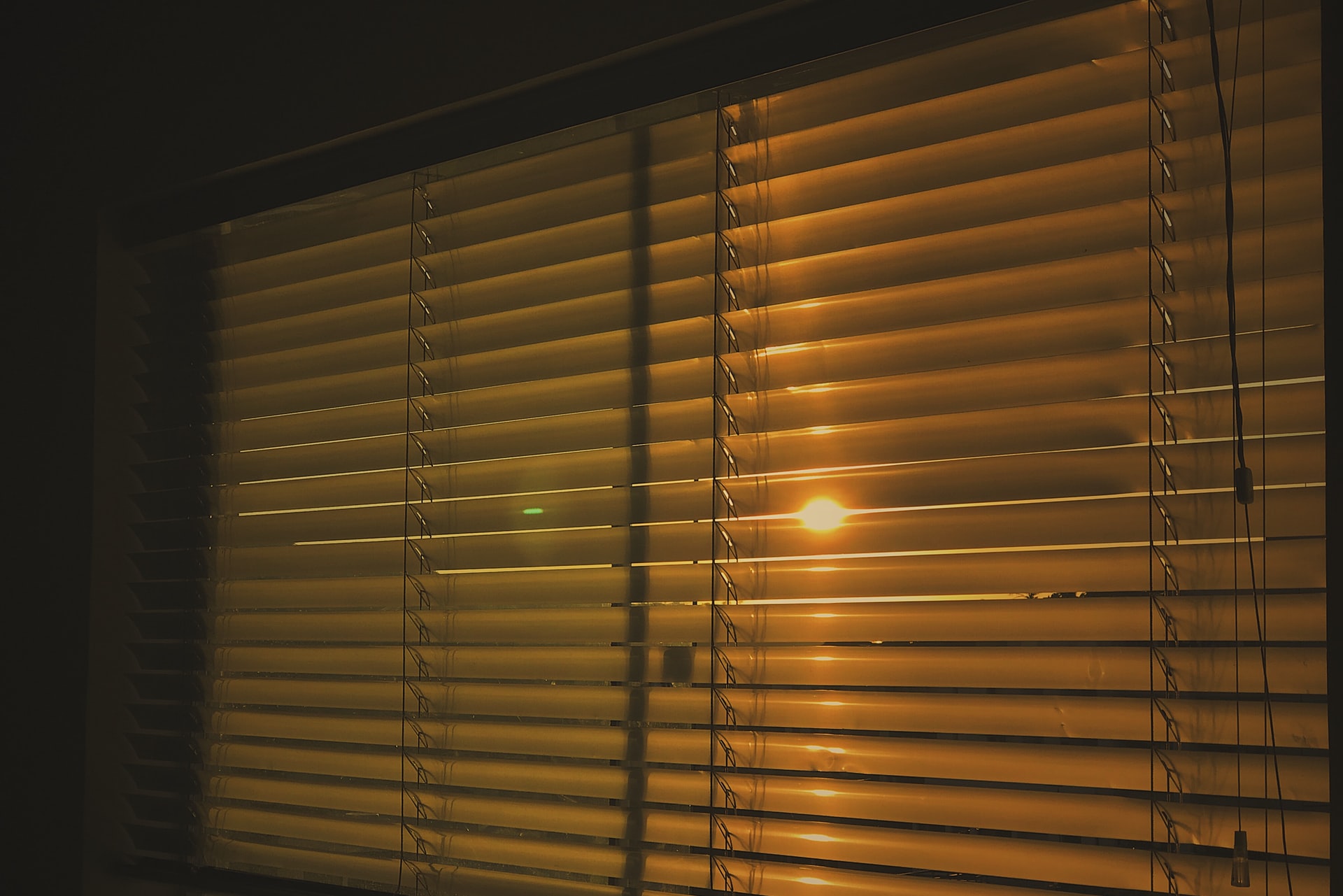
Today I will leave aside for a moment the series of interviews with retired people that I have been sharing with readers since September to give a voice to a colleague who has been living with the experience of visiting a close relative in a home for the elderly with mental disorders where phenomena such as boredom or loneliness are the daily bread (stay tuned for this last detail).
On 27 October I was lucky enough to meet Mercedes Carrillo (Mer) during the International Congress Sujetos Situados, organised by the Department of Philosophy and Society of the Complutense University of Madrid, where I presented a paper entitled "I get bored, so I exist". Immediately, our mutual interest in the welfare of institutionalised elderly people made us connect. A couple of weeks ago, this Madrilenian was kind enough to grant me an interview for the blog in which she wanted to share her concerns regarding the current drift of retirement homes in Spain from her professional and personal perspective.
Mer is a psychologist by training and an artist by profession. She combines mental health sciences with film script writing, poetry and music, along with a variety of volunteer activities with elderly people living in various types of facilities. Committed to the struggle for cultural change in gerontology and geriatrics to ensure that all seniors reach a dignified old age, Mer strives to share her time with the forgotten by helping them escape boredom and isolation through active listening and music.
The well-being of the dependent elderly is a subject that has been close to her heart since she was a child. Both her mother and her two aunts always suffered from mental disorders that lasted until old age and required hospitalisation in specialised centres in some cases. All her life she has been visiting one of her aunts regularly, while at the same time she was imbued with the functioning and, especially, the shortcomings of the centre for people with mental problems that she comes to report in this interview.
The institution in question with which Mer has had the most contact for the reasons given is specialised in the care of the mentally ill, people with physical or mental disabilities and elderly people with behavioural disorders (dementia, schizophrenia, chronic delusional disorder, Alzheimer's). As far as the latter are concerned, some 150 inmates are separated by sex in a ward guarded by nurses and nuns which has shared rooms, some rest areas, a dining room, a cafeteria with limited access, a television room, a crypt and a garden area with a gymnasium. Access to this care complex is arranged with the Ministry of Social Affairs.
Mer's aunt has lived here for over 20 years. Her daily routine ranges from grooming rituals, dispensing medication, meals and small doses of leisure time provided twice a week during the non-compulsory occupational therapy sessions in which she basically does origami, drawing, handicrafts and breadcrumb figurines. In addition, there are occasional visits by Mer's mother and Mer herself, which are increasingly distant in time, and some scheduled religious events. The rest is filled by wandering around the common areas or lying down in front of the television, together with her companions, most of the time sleeping under the effects of Haloperidol.
The image that Mer conveys of her experience is reminiscent of classic horror films in which a large group of women, each with a different pathology, wander around the walls of a low-income centre, aimlessly, waiting for the hours to pass between screams and occasional scenes of violence. Imagine the scene with the addition of old age. This representation is distorted by the fact that the walls are full of drawings made by the elderly in the occupational therapy sessions and the photograph of several of them making bread dolls for the centre's Nativity scene, now that Christmas is approaching, which rather perpetuates the idea of a nursery school.
To Mer the place reminds her, however, of a prison. One for the mentally ill, abandoned by their families and by those in charge, whose only goal is to flatten the activity curve of the elderly so that they disturb as little as possible. One where people are not treated, but disorders are treated; where there is no therapy, but medicine. As a professional, she calls for a movement from the staff of the residence towards the elderly that starts with a greater presence, a more humane treatment and a more direct and personalised attention. To begin with, she is committed to broadening the vision and mission of occupational therapy so that it is able to reach those who do not want to or cannot participate in the proposed activities as they are currently planned. "It cannot be intended to entertain people of such different ages, with such different disorders and with such diverse needs in the same way", says Mer.
She is absolutely right. "Who is going to be interested in coming to the sessions to make figures with breadcrumbs or to draw pictures," she asks herself. Her sentiment brings me back to the words of my own grandmother when she lamented in her lucid days at the nursing home that they were treated like children. When I talk about it with my sister and my mother, they say: "But they are like children!", "they are in nappies, we have to feed them, they sleep most of the day...". It is true; but under this stereotype of old age we forget that these children have worked all their lives to achieve a better future, they have created their families, they have been parents, grandparents and great-grandparents, some have lived through wars, they have travelled the world, they know what it is like to lose loved ones and what it feels like to make love to the person you love. They know perfectly well what they like and what they don't! And in most cases it is not making figures out of breadcrumbs. Like many relatives who have gone through the situation of putting their elders in a centre, they think that the dynamic should be that of a nursery: "no one asks the children what they want or don't want, they are simply put to work doing activities that are considered positive for their development". With the big difference that the older ones, even those with mental disorders, have a well-founded opinion in years of experience about their preferences.
I believe that the comparison is the result of an evasive action of the discomfort and bad conscience that comes from knowing that our elders could be better off, but that as family members we can do nothing or do not know what to do to promote such improvement. This has certainly not been the case with Mer. Although at the centre she has described she was never given the opportunity to bring other types of therapy to the elderly, for years she has been bringing music and active listening to other residences and social centres. In reality, she only demands something as simple as talking to the elderly, entering their world and allowing them to express themselves. "It's very difficult to get them to talk because they're not used to being asked, to being interested in them beyond their state of health," Mer explains.
What's the point of not doing this? What's the point of prolonging life with medication if you don't pay personal attention beyond the disease itself? Ideally, Mer would like the professionals working in these centres to be trained in therapies that go beyond the stimulation of motor functions (for example, breadcrumb crafts are indicated in these cases for seniors with dementia) and that pursue person-to-person treatment, the understanding of the individual itself (systemic therapy, integrative therapy, psychoanalysis...), favouring the occupation of time in meaningful activities. More psychology and less psychiatry is needed, we even dare say more philosophy. But this seems impossible to Mer today. On the one hand, because this training is very expensive in Spain; on the other, because it is considered dispensable. In fact, most of the caregivers (because they are always women) with whom I have had contact so far receive a three-month training course focused almost exclusively on caring for the body, never the soul.
Mer's guided tour of this prison today must leave us broken; as broken as she is as she tells her story. If I have managed to convey her experience, those of us who are aware of and committed to the well-being of the elderly right now must suffer from what she calls the "Schindler's List" effect: the feeling that we could do more, that we have to do more. Fortunately, not all her contacts with seniors have been so discouraging. But that does not alleviate the sadness of having known the verbalized wish to die of many others. In another post I will talk about how much boredom encourages the mental and physical decline of mentally disturbed elders, because the specialised literature has paid attention to this phenomenon separately. But for today, with the help of Mer's testimony and reflections, we already have some time to think.


